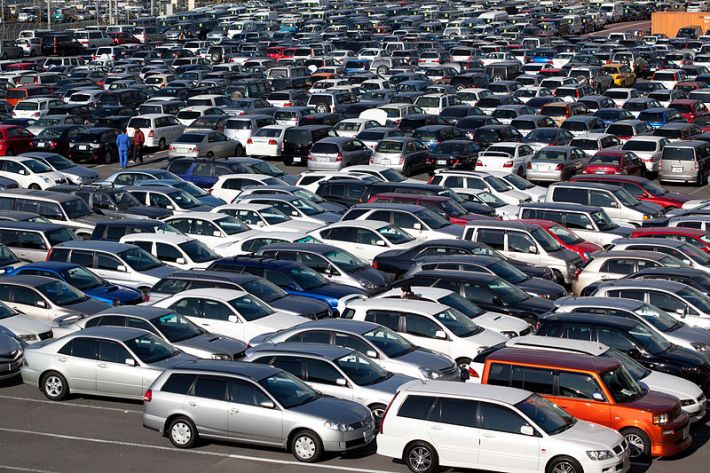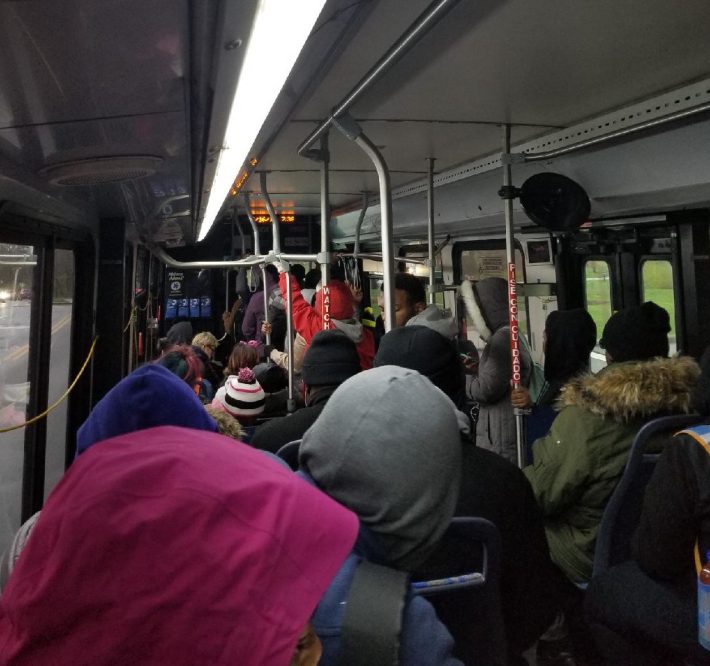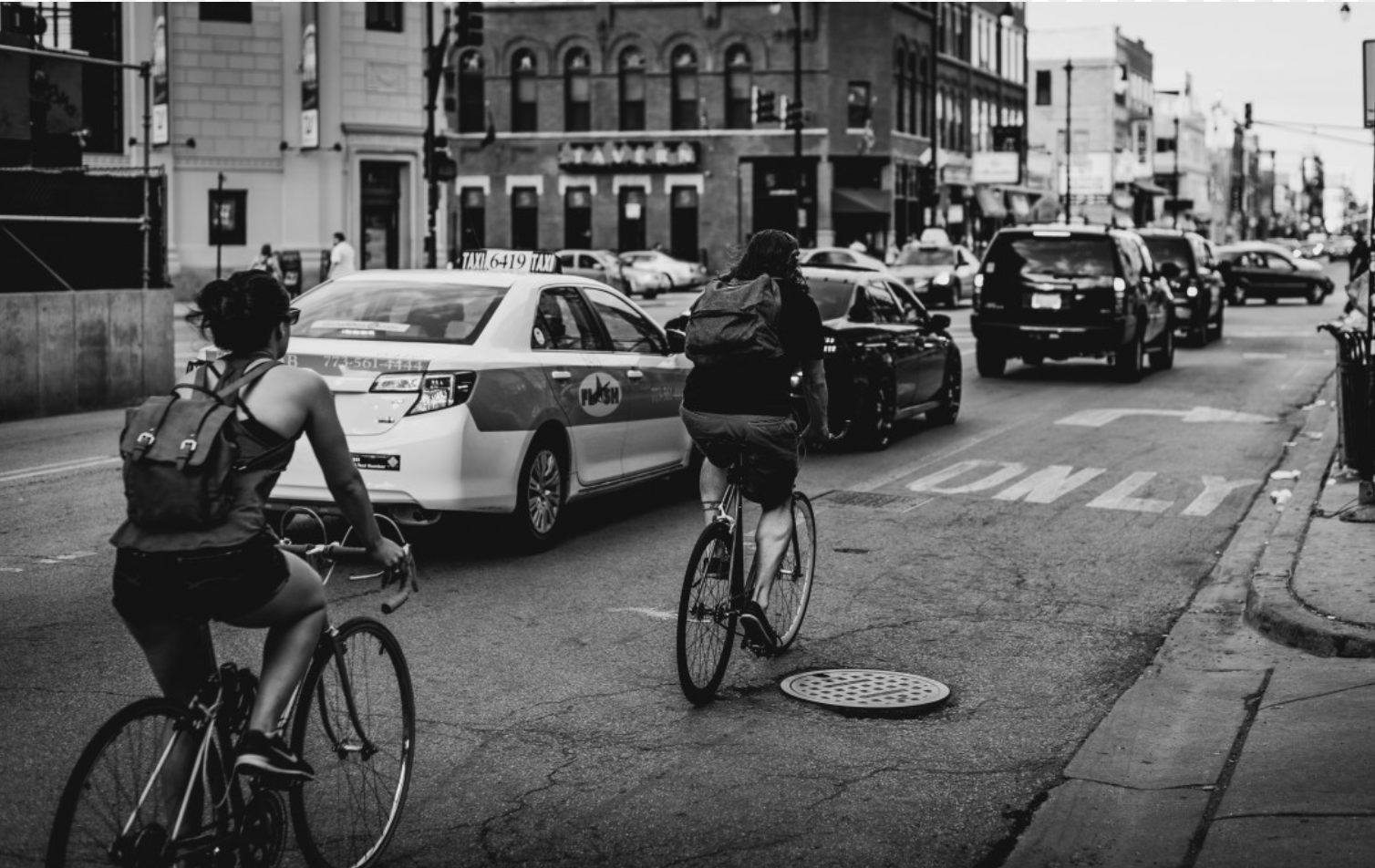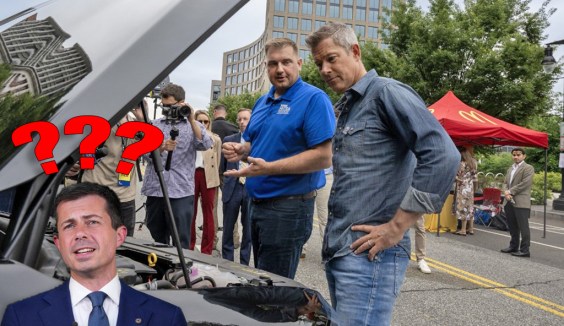Editor's Note: This article originally appeared on The Conversation and is republished with permission.
When discussing low-carbon transportation and the question of why cars play such a dominant role in our society, it is often tempting to fall back on a comfortable and familiar answer: We drive cars because we like them!
The COVID-19 pandemic, however, has radically disrupted people’s travel habits, with uncertain outcomes for car use. On one hand, it has resulted in empty roads, sold-out bike stores and cities with cleaner air. On the other, it threatens a public transit death spiral and the sudden dominance of drive-in services.
The stresses of the past year have altered the complex system of constraints that underpins mass car use, irrespective of personal travel preferences, and changed the ways we use cars. If this continues, it could reduce the use of private cars (yes, even electric ones), but could also radically increase it.
Achieving an outcome that reduces greenhouse gas emissions, while ensuring the development of safe and healthy cities, will require policy-makers and activists to act decisively. Our research on a general theory of car dependence suggests a few ways that they can do this.
Infrastructural politics
Narratives justifying car-dependent infrastructure have become deeply embedded across the political spectrum, justifying enormous hidden subsidies for cars in the form of infrastructure such as roads and parking lots. This defunds alternatives and forces people to use roads as their primary transportation system, creating a nation of drivers who are predisposed to support even more subsidies for cars.
The pandemic, however, has disrupted the narrative and created an opening for new kinds of infrastructure that can facilitate car-free travel. Cheap-and-cheerful “pop-up” bike lanes have already taken hold in cities around the world, but policy-makers can think bigger.
Public transit, in particular, should also be the focus of a new round of state investment that makes it affordable and convenient for everyone. It will be particularly important to increase service levels to reduce crowding so that infection-wary travellers are no longer faced with the choice between a crowded rush-hour bus and a car.
What about jobs?
The car industry plays a big role in underpinning car dependence. Car companies’ capital structure requires them to sell cars at a fixed rate, and to build multipurpose, four-seater vehicles with redundant capacity. This creates a clear incentive for the car industry to lobby against alternative forms of transportation, and for auto workers to support the car industry or face plant closures and job losses.
Governments’ promises to “build back better” are a golden opportunity to remove this obstacle to low-carbon transportation. Retooling struggling car factories to build electric service, industrial and public transit vehicles would be a great start.

Cars, culture and coronavirus
People often use cars to “buy time” to meet the pressures of everyday life. Once they own a car, they are likely to use it for almost all of their trips. Frequent use is encouraged by the fact that cars have become potent symbols, signifying freedom, nationality, maturity, masculinity or social status.
The coronavirus could strengthen the grip of car culture. Even before the pandemic, there was evidence that people used their cars as a protective “cocoon” from the outside world. Now, with cars becoming “the ultimate in personal protective equipment,” people might be anxious to step back onto a bus or train, and might even prefer to continue using drive-through services and curbside pickup. Even the most habituated “strap-hangers” might be reluctant to pack onto a subway in the post-COVID world.

This is ironic, because COVID-19 and similar pandemics are a collective problem, exacerbated not just by our agricultural, public health or economic systems, but also by the environments of our cities.
Air pollution, in particular, has an amplifying relationship with mortality from COVID-19, and other respiratory illnesses. If COVID-19 increases vehicle use, which contributes to a significant percentage of air pollution, it will likely increase the death toll of both this pandemic and any future ones.
Governments can nurture collective and community spirit required to respond to the pandemic by making public transit infrastructure safer and more accessible. Extremely aggressive and highly visible anti-infection measures on buses and trains would go a long way, as would adding more service to reduce overcrowding.
Governments could also use regulations to curb the growth of drive-through services. They could capitalize on the growth of telecommuting to promote more car-free lifestyles, including by changing zoning to permit the development of 15-minute cities, which would put essential services such as grocery stores, libraries, schools and health clinics within a 15 minute car-free trip of everyone’s home. This will be particularly effective if that home is also their workplace.
How it all connects
To fully understand car dependence, we need to think of it as a combined whole. A piecemeal approach to policy is unlikely to untangle the complex systems of land use, physical infrastructure, social habits and political incentives that entrench the dominance of the car.
But the coronavirus pandemic gives us a golden opportunity to think holistically. We should push for sweeping reforms to move towards a truly zero-carbon transportation system.






